By: Sid Valecha
While December is often synonymous with Christmas in many parts of the world, the extent of celebrations extends far beyond this single holiday. It’s a time when cultures, customs and communities converge, weaving a rich narrative of shared joy and unique traditions.
Most of us have heard of these celebrations, but few of us really understand the meanings behind them. Join us this month as we traverse the globe, from the comfort of our homes, to learn more about other cultures. We’ll dive into the brief history and significance of each holiday, offering you a unique window into the hearts and minds of people from various corners of the world, and explore the rituals and customs that make each of these celebrations so special.
Our hope is that through this exploration, we can foster a deeper appreciation for the rich connection and culture of human traditions, emphasizing the beauty of our shared humanity and the unity that transcends borders
ST. LUCIA'S DAY (DECEMBER 13TH) - SWEDEN, NORWAY AND DENMARK
St. Lucia’s Day is a captivating festival of lights celebrated in Sweden, Norway and the Swedish-speaking regions of Finland on December 13, all in honor of St. Lucia (St. Lucy), one of the earliest Christian martyrs who met her tragic end during the Diocletianic Persecution. Legend has it that she brought food and aid to Christians hiding in the Roman catacombs, wearing a candle lit wreath on her head to light her way, but also so she could carry as many items with her hands and arms.
Today, the annual St. Lucia festivities commence with a mesmerizing procession led by a chosen “St. Lucia,” often a young girl, who is accompanied by an entourage of other children dressed in pristine white garments. Patrons gather within a dimly-lit room, as the sounds of children singing grows louder as they slowly approach from an adjoining room or hallway. An aura of light fills the room once the children slowly enter with candles, presenting a scene of awe. Leading the procession is “St. Lucia,” followed closely by her handmaidens, then a court of boys, before being followed by a group of “elves.”
The essence of this festival lies in marking the beginning of the Christmas season, a time to usher in hope and illuminate the darkest days of the year with a radiant display of lights and music. In homes across the region, families observe this special occasion by having one of their daughters, traditionally the eldest, don a white gown and serve coffee and a delicious set of baked goods, including saffron bread, known as “lussekatter,” and ginger biscuits, to other members of the household. These beloved and traditional treats are also generously offered to visitors throughout the day, symbolizing the spirit of sharing and warmth during the festive season.
Other countries also celebrate this day, although with some slight variations. In the Caribbean, artisans incorporate decorated lanterns and the celebration typically ends with a fireworks display. In Spain, Saint Lucia is also honored as the patron saint of dressmakers, so you will often find contests dedicated to creating clothing out of materials of paper or paper substitutes.
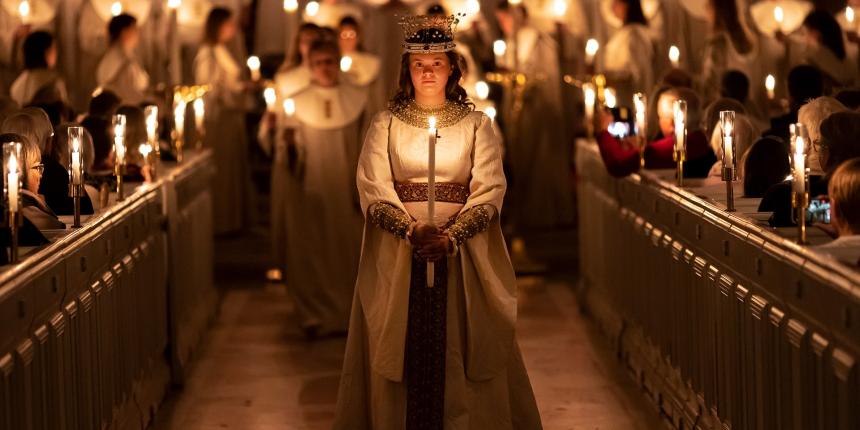
LAS POSADAS (DECEMBER 16TH-24TH) MEXICO AND LATIN AMERICAN COUNTRIES
Las Posadas is a deeply cherished religious festival celebrated in Mexico, Guatemala, Honduras and some parts of the United States, traditionally lasting nine days from December 16 – 24. This culturally significant event commemorates the arduous journey of Joseph and Mary as they embarked from Nazareth to Bethlehem in search of a safe “posada” (lodging, inn or other accommodation) for the impending birth of Baby Jesus. The poignant narrative of their struggle to find lodging and the ultimate birth of the Baby Jesus in a stable is the focal point of the celebration.
Las Posadas, which started in 1586, has been a tradition that has been celebrated across multiple cities and towns, with each showing slight variation. Each evening during the festival, a procession, which can include statues of or live representatives serving as “Mary” and “Joseph, angels, shepherds, children and musicians, makes their way through the town to homes that have been designated as “inns.” At each house, passages of scripture are recited, and the air is filled with musical carols, deepening the spiritual significance of the festival.
At the end of each night, residents may gather for Mass, an event that reinforces the religious aspects of Las Posadas. To culminate this joyous celebration, a feast may be served while children eagerly anticipate the breaking of vibrant piñatas filled with candy, toys and occasionally money. These piñatas, traditionally shaped like stars, are also symbolic of the star that guided the Three Wise Men.
Las Posadas serves not only as a significant religious observance but also as a heartwarming cultural tradition that brings communities together in a spirit of unity, compassion and celebration of their faith.
CHRISTMAS (DECEMBER 25TH) - WORLDWIDE
Christmas is a Christian holiday that commemorates the birth of Jesus Christ. Although historians have debated the actual date of his birth, various factors initially led to the selection of what we have come to know as Christmas Day today. Celebrated internationally on December 25, it is one of the most widely observed holidays worldwide.
Christmas is a unique holiday, one in which many of its traditions were developed independently of the commemoration of Jesus’ birth, and ones that were pulled from various regions and time frames. Early European cultures traditionally held winter festivals where the concept of kissing under mistletoe was introduced. Germanic people held their own Yule winter festival which brought about the Yule log, a traditional dessert made during Christmas time that resembles a log which brings luck and fortune to patrons. By the middle ages, the holiday’s prominence had grown, often being tied into noble magnates hosting large feasts where guests gathered to indulge in food, unity and caroling. And, it wasn’t until the 19th century, that the beloved Christmas tree was introduced by Queen Charlotte who shared her delight in having a tree hung with light, ornaments and presents surrounding it.
However, what truly ignites the magic of Christmas, especially for children, is the legendary concept of Santa Claus, a figure based on folklore traditions surrounding Saint Nicholas. Saint Nicholas was a 4th-century Greek Christian bishop known for his kindness and generous gifts to the poor. As the years passed, Santa Claus evolved into a large, heavyset person, with his snowy white beard, twinkling eyes and jolly laugh, who traverses the world with the help of flying reindeer to bring gifts to children.
For many, Christmas represents a time for families and friends to come together, build memories and showcase their appreciation that signifies a symbol of love and the spirit of giving.
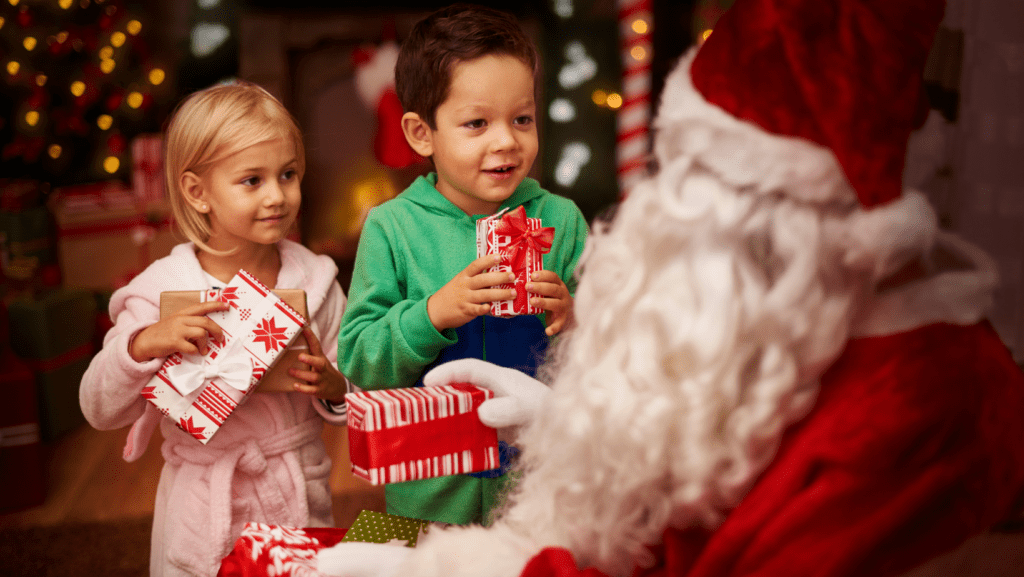
KWANZAA (DECEMBER 26TH - JANUARY 1ST) AFRICA, JAMAICA, UNITED STATES, CANADA, EUROPE
Kwanzaa is a unique and culturally significant holiday celebrated from December 26 to January 1. Created in 1966 by Maulana Karenga, an activist, author and professor of Africana studies, the holiday was a way to “give black people an alternative to the existing holiday of Christmas and give black people an opportunity to celebrate themselves and their history.”
The name is derived from a Swahili phrase, matunda ya kwanza, meaning “first fruits.” Karenga was inspired by a Zulu fruits festival, a ceremony honoring the abundance of food by offering the first fruits in a harvest to God. An extra “a” was added onto kwanza, making the word seven letters, a symbolic edit to correspond with the seven principles of African heritage.
Kawanzaa celebrates the significance of the pan-African family and the corresponding seven social values –– Unity, Self-determination, Collective work and responsibility, Cooperative economics, Purpose, Creativity and Faith. Each day of Kwanzaa is devoted to one of its seven principles, symbolized by lighting candles on the kinara.
Today, Kwanzaa remains a steadfast reminder of the rich heritage and values of Black Americans and their ongoing commitment to unity, self-determination and collective purpose, distinct from and complementary to other cultural celebrations. Families often celebrate the holiday by decorating their homes with colorful art and cloths, and of course, fresh fruit.
Kwanzaa ceremonies can feature drumming and other musical selections, reading and reflection, performances and the sharing of libations. The celebration culminates in a joyous feast called the karamu, which brings families and communities together to reflect on their shared values and culture.
HANUKKAH (DATE VARIES, DECEMBER) - JEWISH COMMUNITIES WORLDWIDE
Hanukkah is an eight-day Jewish celebration which occurs on the 25th day in the Hebrew month of Kislev. American and Christian holidays generally operate within a 365-day Gregorian calendar, however, Jewish holidays dance to the rhythm of a lunisolar calendar, one that skillfully synchronizes with the moon’s phases. This unique calendar method not only calculates the solar year’s length but also precisely pinpoints the beginning and end of each lunar month. This difference in calendar systems often causes Hanukkah’s dates to shift between late November to late December in the Gregorian calendar.
The name Hanukkah means “to dedicate” and commemorates the rededication of the Second Temple and the recovery of Jerusalem at the beginning of the Maccabean Revolt in the 2nd century BCE. At its core is the miraculous story of a small amount of consecrated oil, originally enough to last a lighting of only one day. However, what happened was incomprehensible, as the light continued to burn for eight days, allowing the priests to prepare more oil.
This joyous Jewish celebration, also known as the Festival of Lights, holds significant historical and spiritual importance, with the heart of the celebration revolving around today’s lighting of the menorah, a symbolic act in which one candle is lit for each of the eight nights. The candles represent not only the passage of time but also the enduring flame that kindled hope in ancient times.
Other Hanukkah festivities include a variety of cherished traditions, including singing songs, playing the game of dreidel, exchanging gifts and indulging in traditional, oil-based dishes, such as potato pancakes, also called latkes, and sufganiyot, a round donut filled with jam or jelly. This holiday serves as a reminder of the enduring spirit of resilience, faith and the triumph of light over darkness, celebrating the preservation of Jewish identity and religious freedom.
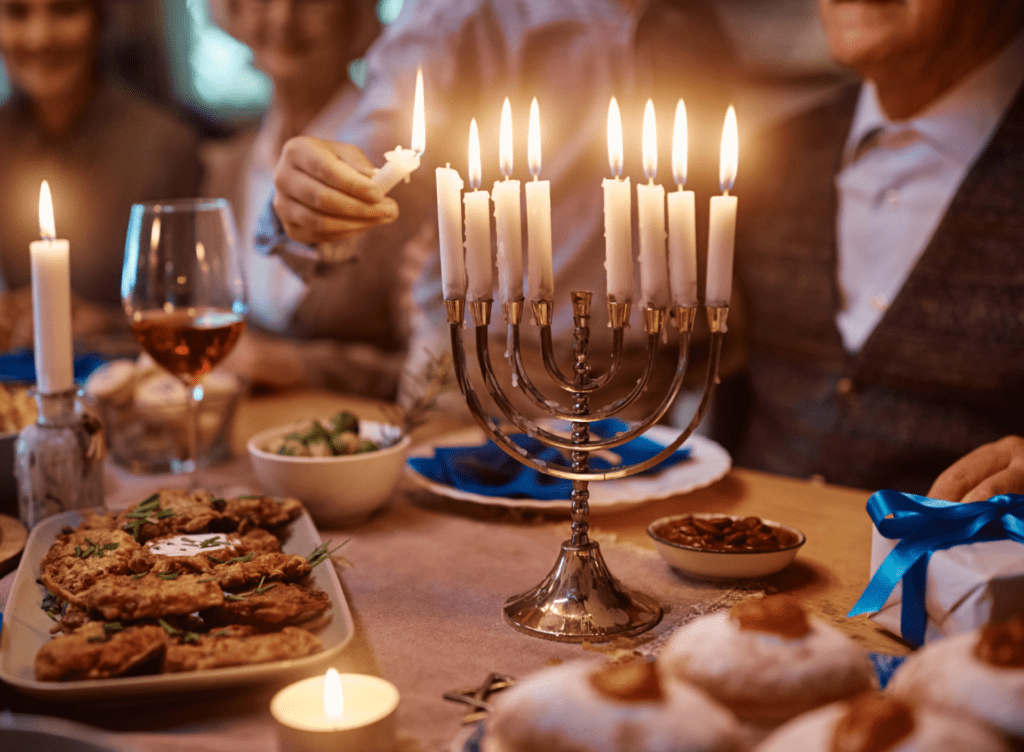
These diverse holidays, each unique in its own way, share a common theme: celebrating the joy of traditions of coming together. As we conclude our exploration of these global holiday traditions, may we carry with us the spirit of unity, kindness and shared humanity that these celebrations embody.
Whether it’s the twinkling lights of Christmas, the symbolic foods of Hanukkah, or the honoring of the principles of Kwanzaa, we find a reminder that, no matter where we are in the world, the warmth of community and the light of tradition guide us through a diverse and interconnected world.
Ready to capture these wonderful moments and holiday recipes in your own personalized culinary journal? Shop now
Have more questions? Visit our FAQ section here. Alternatively, you can email us at hello@heirloomproject.co
To get regular updates, follow us on Instagram here

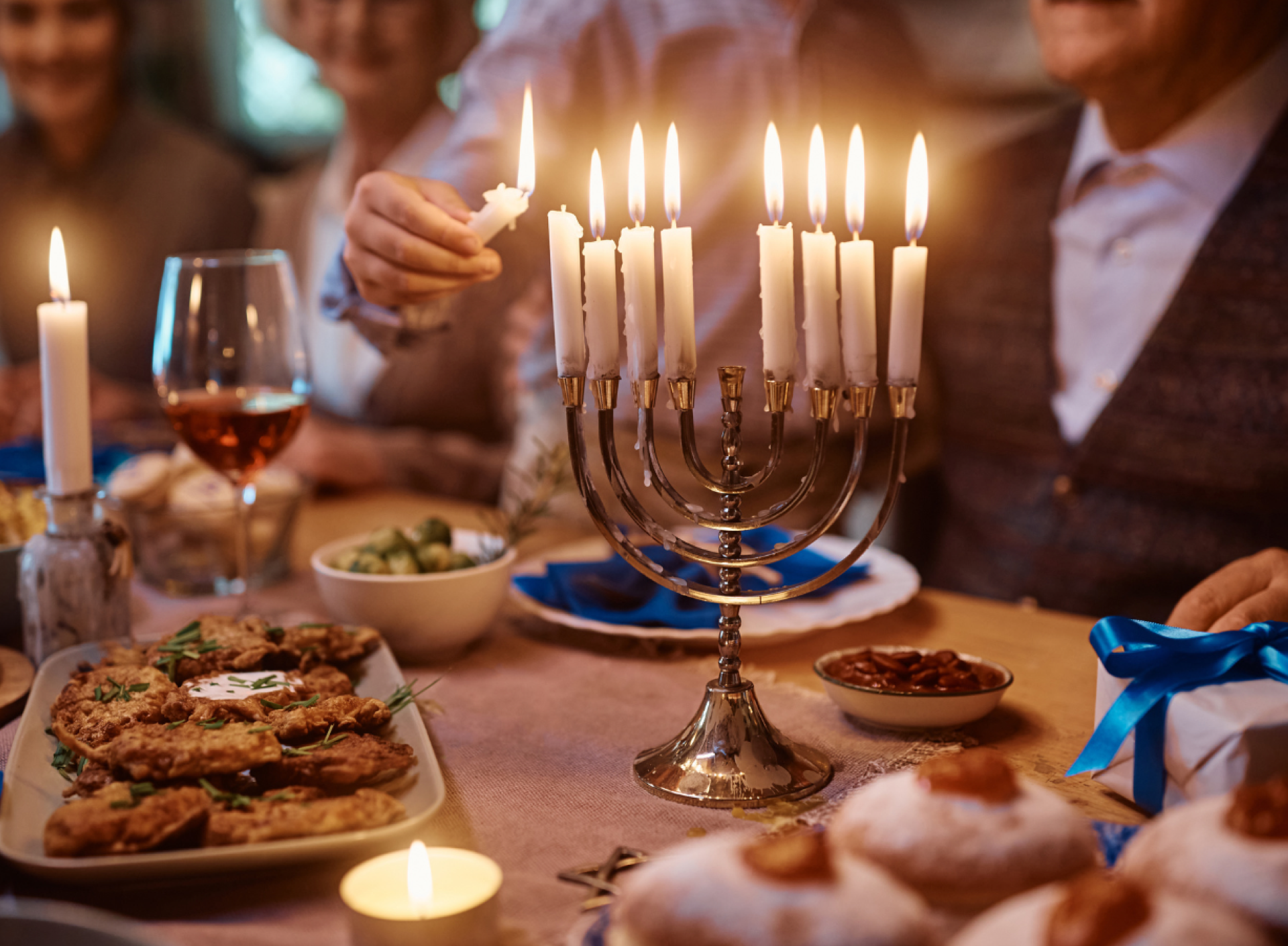

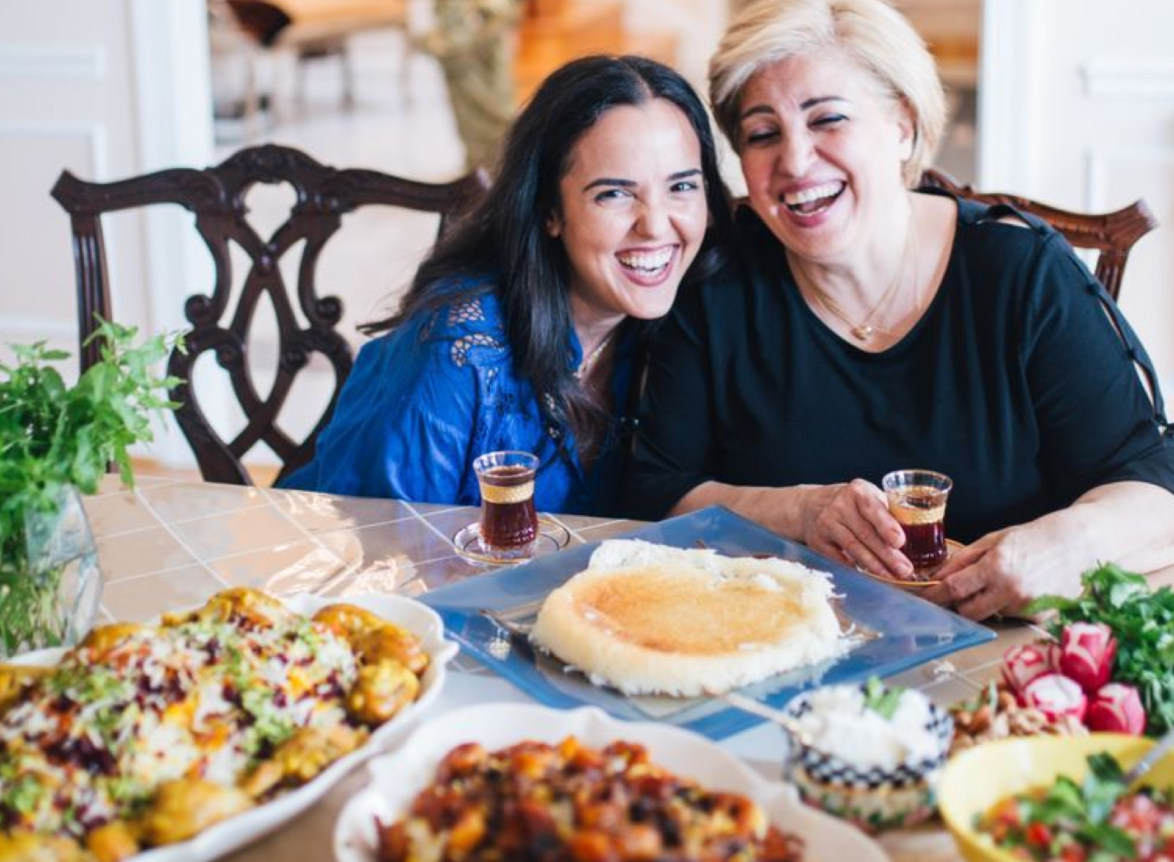
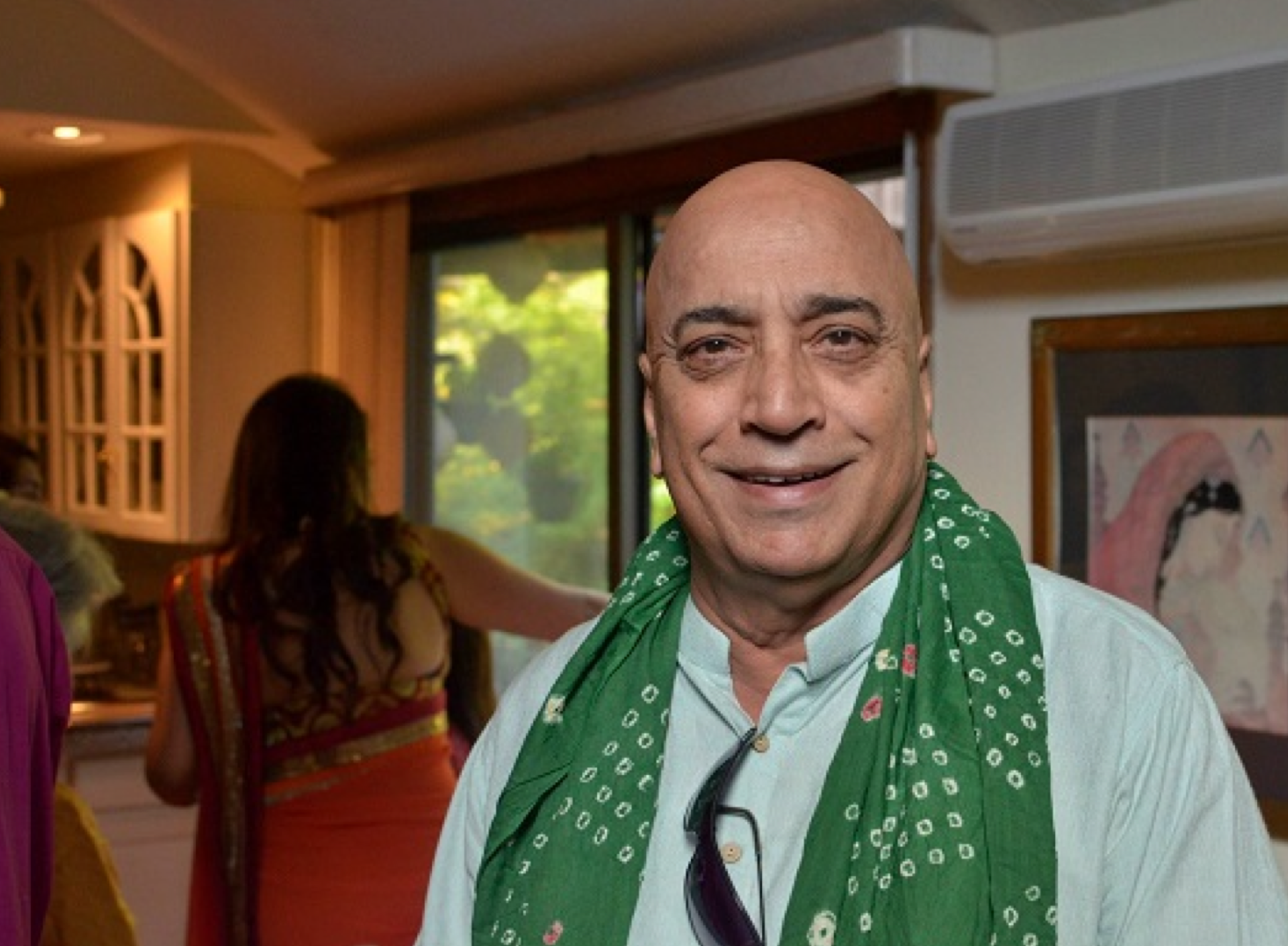


Leave a comment
Your email address will not be published. Required fields are marked *